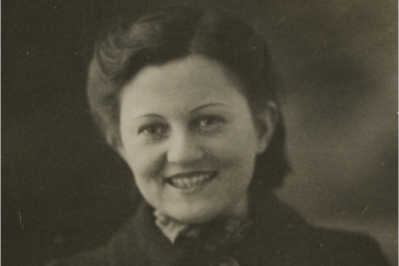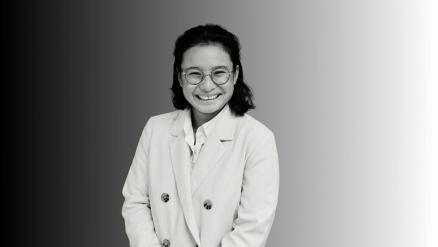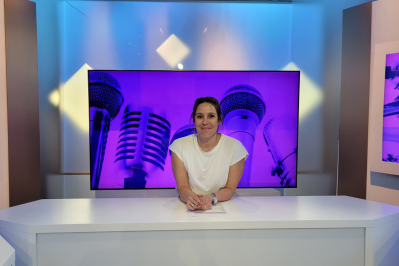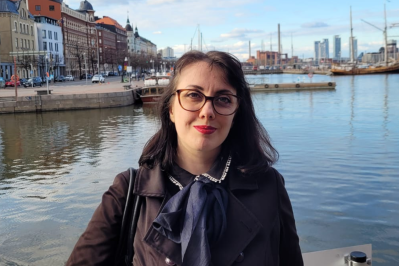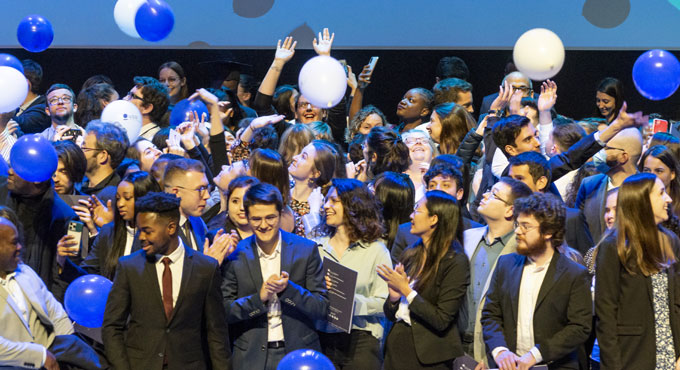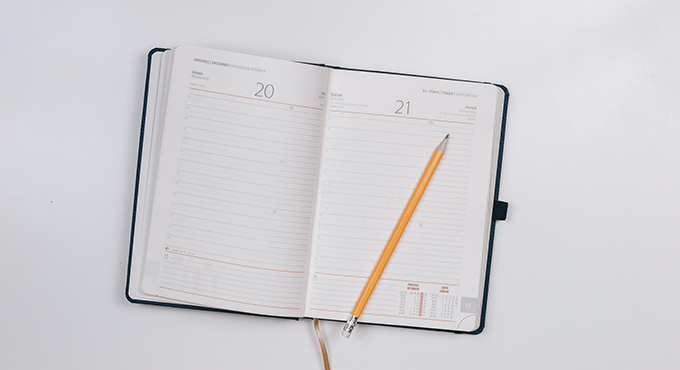News
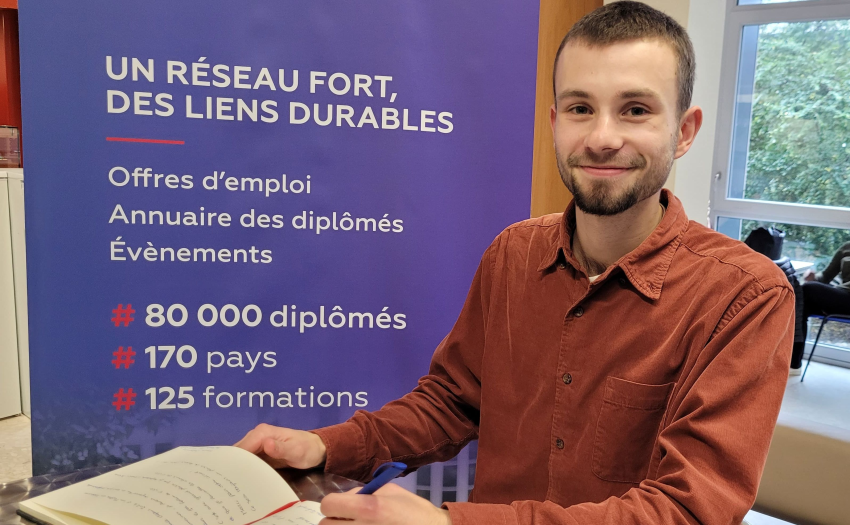
Théo Hareng, SVT degree (2021), an ecological tour of France
Théo Hareng, SVT bachelor's degree (2021), an ecological Tour de France Théo Hareng, a former student at the Université catholique de l'Ouest, shares with UCO Alumni in this interview his academic career and his tour of France to discover ecological and solidarity initiatives.
Could you introduce yourself and tell us about your academic career at UCO?
I'm 24 years old and it's been three years since I left the Université Catholique de l'Ouest. I studied biology there after a year of preparatory classes at the Ecole des métiers de l'environnement in Rennes (EME), which has since merged with UniLaSalle. The preparatory class was too theoretical for me, so I chose a more concrete path by joining UCO, where I obtained a degree in Life and Earth Sciences, specializing in environmental and sustainable development professions.
I realized that I was following a path laid out for me by my parents and society, focused on prestigious degrees and good salaries. But that wasn't really what was driving me inside. In 2021, with my bachelor's degree in hand, I decided to take a year off before starting my master's degree in ecology. I then embarked on a Tour de France, hitchhiking and with no money, to discover inspiring initiatives in the fields of agroecology, eco-building, activism and alternative communities. I even wrote a book about the experience!
What were the most memorable encounters during your Tour de France to discover ecological initiatives?
One of the most memorable experiences was discovering the La Bascule movement. After an initial initiative in Pontivy aimed at creating a more sustainable model of society, this project has evolved into a cooperative archipelago of similar initiatives across France. During my Tour de France, I was lucky enough to visit one of them, called Bascule Argoat, an eco-environment center in Centre-Bretagne. There, a group of young people have renovated the former laundry of an abbey. I was impressed by their collaboration with local stakeholders, shared governance and collective renovation of the building. I was deeply inspired by their commitment to sobriety in everyday life, and their ability to spread their model far and wide.
You talk a lot about sobriety in your book. Could you tell us why this concept of sobriety is so important to you, and how you integrate it into your daily and professional life?
I'm convinced that sobriety is an essential key to our social model. This concept consists of being satisfied with the essentials, while questioning the over-consumption that characterizes our current model. In fact, my journey has taught me that it's better to talk about sobriety rather than sustainable development, as I was taught, because the latter term implies a certain notion of growth.
For my part, I've chosen to live soberly. Contrary to popular belief, this does not mean living in discomfort! This choice gives me greater satisfaction and more time for my personal projects. I work less, while being employed part-time by the Kokopelli association, which specializes in the sale of organic seeds. This means I can devote more time to my passions: writing travel stories, woodturning to make bowls and plates, and permaculture gardening.
What do you remember about your degree in biology?
What really stood out for me during my biology degree was the collaborative dynamic of our classes. For example, in our genetics class, we explored topics such as GMOs and transhumanism. Unlike large public faculties with very large classes, we were a group of 50, which enabled us to conduct in-depth, interactive debates. We organized discussions in which two students would defend one position and two others the opposite. These exchanges were not only intellectually stimulating, they also gave me a confidence and ease that I might not have acquired in any other academic setting.
What was your best memory at UCO?
The student evenings were memorable, but my best memory remains my involvement with the Bureau des Élèves. Although 2020 was a difficult year due to COVID restrictions, the experience taught me a lot about association work and managing responsibilities.
Do you have any practical advice for students wishing to reduce their ecological impact on a daily basis, based on your own experience?
First and foremost, I'd advise them to adopt a minimalist lifestyle. Then, I think it's important to get involved with local associations. For example, I've worked with Solidari'Food, in Angers, which recovers unsold market produce for redistribution. Recovering this food to avoid food waste is a simple gesture, but one that has an impact.
A final word for alumni and students?
Take a gap year! Movement is a source of optimism and opportunity. The more you travel, the more people you meet and new opportunities you discover, the more fulfilled you'll be.
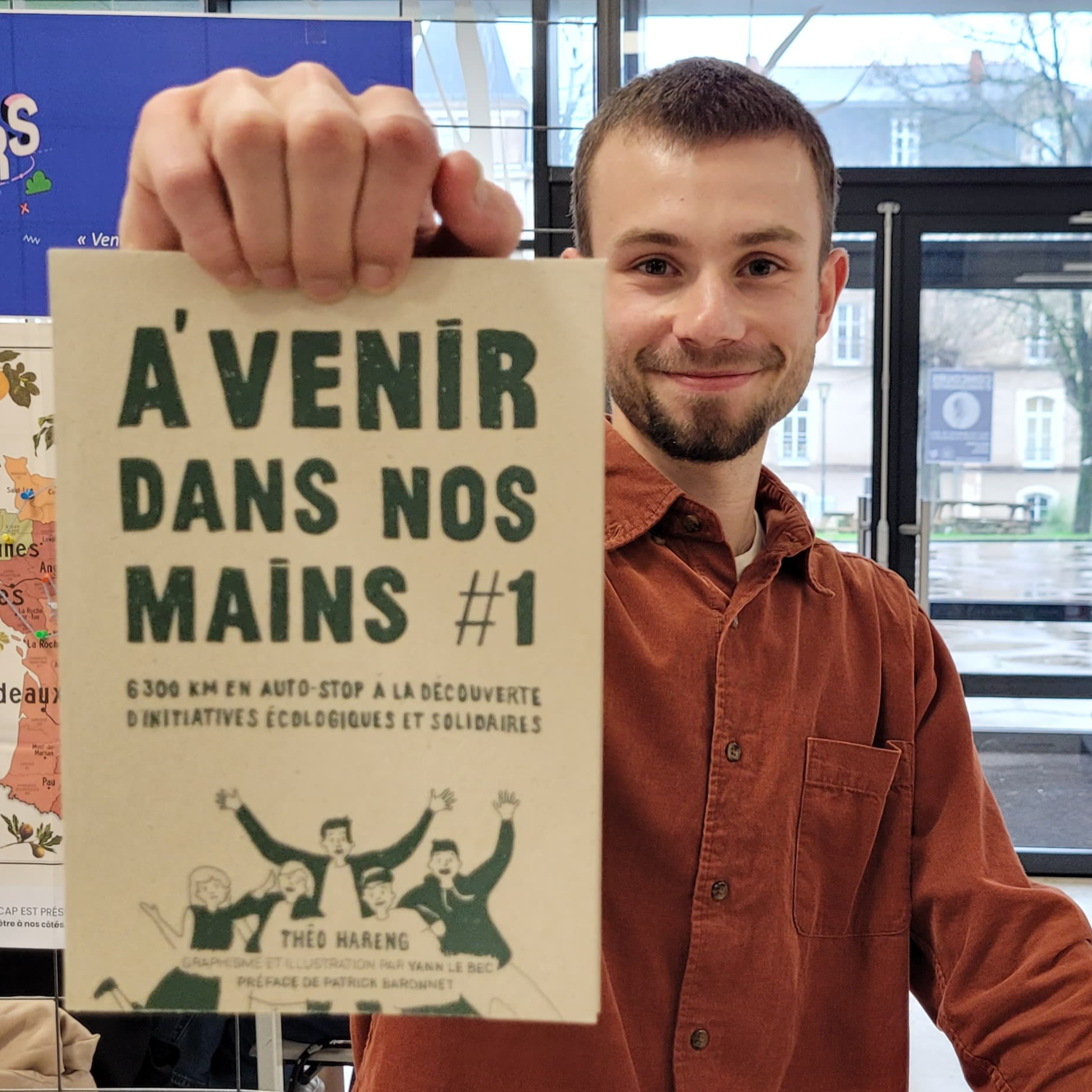
"A'venir dans nos mains": The 1st part of Théo Hareng's account of the Tour de France (in two volumes) is available for sale for €18.90 on the Kokopelli website. The book uses paper made from 100% grass clippings and is printed with vegetable-based ink.
From September 2024, it will be published by Terre Vivante under the title "Écolieux - La fabrique de l'avenir" and available in bookshops everywhere.

 6
6







